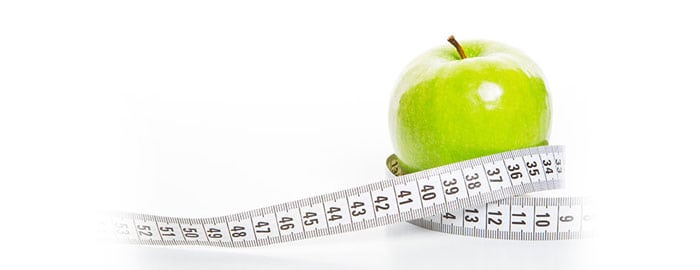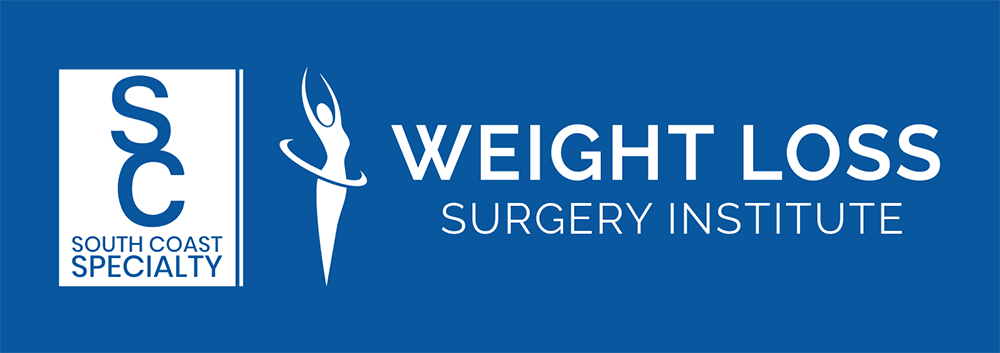
Gastric bypass, gastric band surgery, and sleeve gastrectomy are the first steps toward creating the new you. Post-surgery, you will eat less as your reduced stomach size will leave you feeling full sooner. Still, your diet post-surgery is going to be critical to:
- Weight loss management
- Healing
- Prevention of health risks
CONTACT US TODAY
First Days
For the first two days after surgery, patients will essentially fast, sustaining themselves on a clear liquid diet. It will consist of non-caffeinated, non-carbonated liquids like water, ice chips, sugarless drinks, thin soups, and low sodium broths. The patient will be instructed to take liquids in slowly to avoid nausea or vomiting.
On the second day, if conditions are good, intake will be bumped up to four ounces of liquid an hour. The following may be introduced to the diet: low fat and low sugar protein shakes, nonfat or soy milk, protein powders, nonfat yogurt, or nonfat Greek yogurt. The aim will be to ensure the body gets a sufficient number of nutrients.
With the help of a dietitian, you will form a meal plan that helps in recovery. Once released to go home, you will be taking in high-protein foods. You will be asked to stay away from anything containing over five grams of sugar. You will need to carefully read food labels.
After Two Weeks
After two weeks, soft foods will be added to your meal plan. Meals will be small. You will be allowed baked, broiled. or grilled lean meat. Foods that are hard to digest, like raw vegetables and fruits, should be avoided. You should eat slowly, taking small bites and chewing thoroughly. In fact, it will be suggested one spend no less than 20 minutes on any meal. There will be no laying down after eating, even if the food doesn’t sit well. Sitting upright will help food process properly.
After two weeks, solid foods high in protein will also be integrated into the diet plan. You will focus on post-surgery eating habits with small portions. You will also need to take vitamin, protein, and mineral supplements in order to manage strength as you keep an exercise regimen.

Going Forward
Through the counsel of your doctor, surgeon and dietitian, you will gradually add new foods to your meal plan. Pay close attention to chewing as you begin ingesting solid food. Patients will be expected to take in six to eight cups of water between meals, but there will be no drinking during meals.
After a follow-up examination, the dietitian will revisit your diet plan, developing one that fits your assessed condition. It will be important to keep appointments with your surgeon or doctor post-surgery, especially if there are issues. Behavior modification is going important to your health and for maintaining your results.

